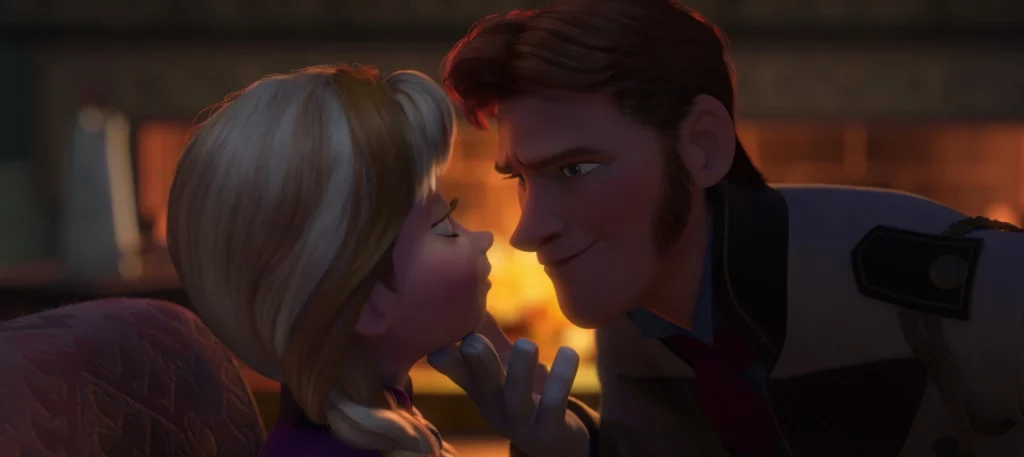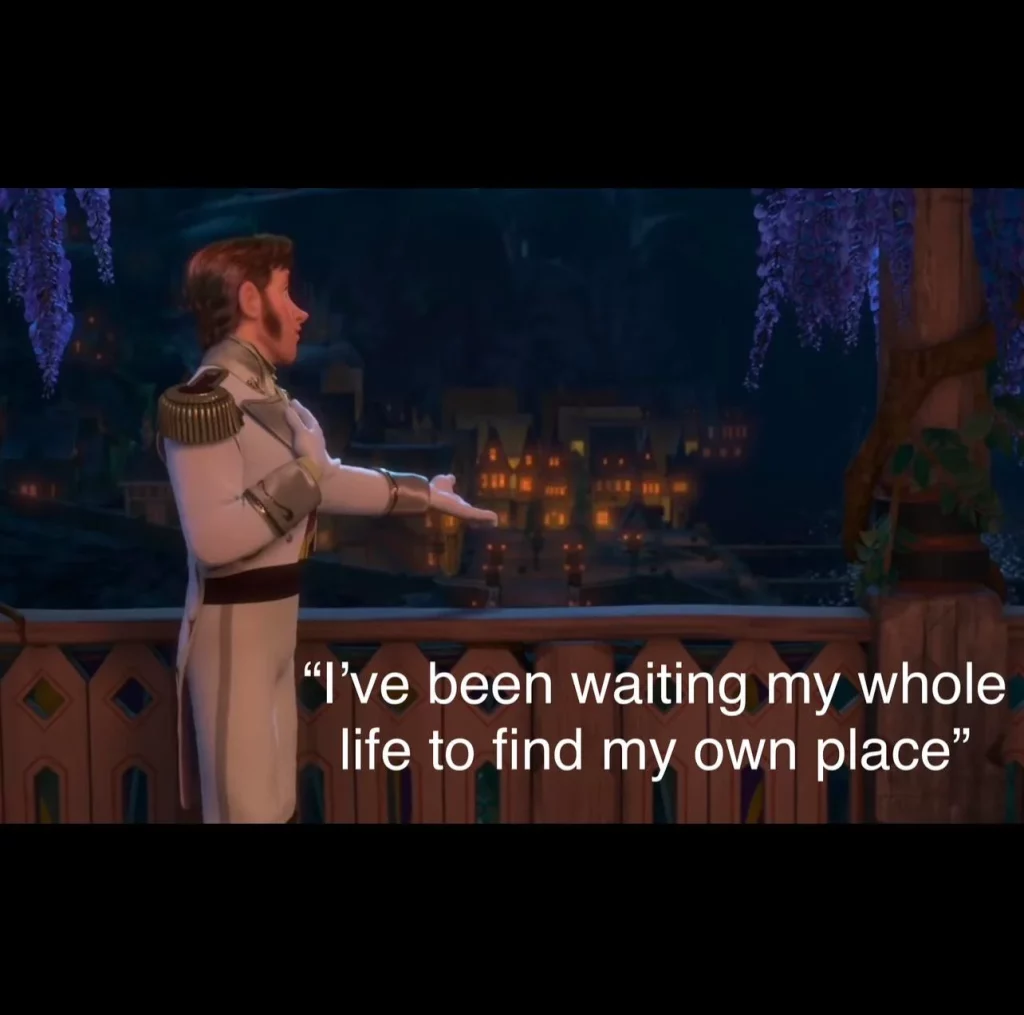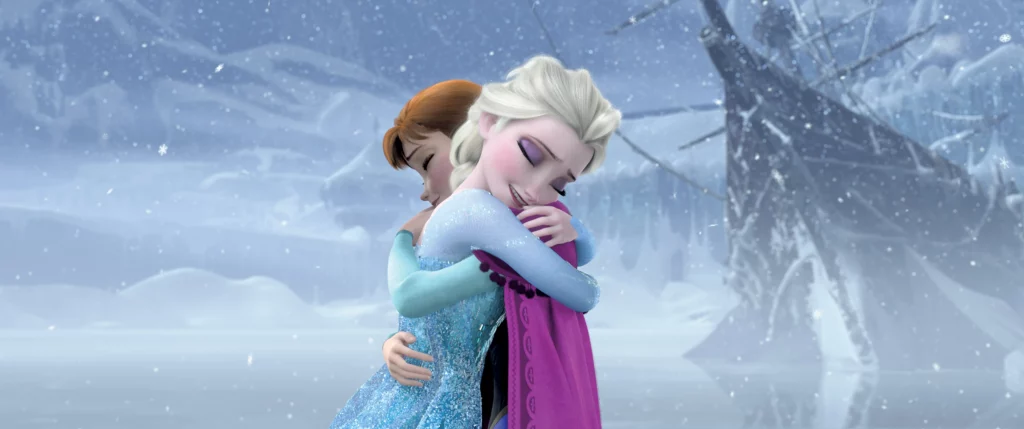Garfield the Movie: A Failure in Adapted Characters
An analysis on how the Garfield movie fails to represent the characters it is adapting, especially the women, by removing their best characteristics.
Incluvie Foundation Gala - Learn More


Nearly everyone on Earth has seen or heard of Frozen, one of Disney’s highest grossing films and may or may not have a problem with the twist concerning Prince Hans, that being his role as the villain and false love interest for Princess Anna, one of the film’s protagonists. Some have criticized his characterization for being a last minute addition to the film due to it feeling abrupt. However, others have argued that it was not abrupt since it was cleverly foreshadowed throughout the film.

The film first introduces a red herring in the form of the Duke of Weselton, (or Weasel Town to less serious audiences), who clearly states that he wants to exploit Arendelle for its riches, in a comedic manner. However, audiences quickly put together that he is simply comic relief due to his more comedic, less than subtle nature and the fact that he does not directly antagonize the protagonists. Soon after, Anna meets Hans and they seem to get along well enough. However it is not until their next interaction that Hans’ true nature starts to slip through. During the song, “Love Is An Open Door,” when Hans sings about finding his own place, he motions toward the kingdom itself instead of Anna.

He is clearly taking advantage of Anna, pretending to be open to her, just as she really is to him. This is due to the fact that she has never known love and is willing to gravitate toward the first man she has met. However, for Hans, an open door is just a walkthrough in order to achieve his goal of becoming king and he has no interest in love or marriage unless it is useful for him.
Furthermore, they are not In sync through song or choreography, since they awkwardly bump into each other throughout. As a result, the audience is both tricked and foreshadowed at the same time. When they lampshade the fact that Anna cannot marry a man she just met, this is not only another clue of the film’s message but also Disney defending themselves.Many audiences took Hans’ turn as a subversion of Disney’s cliques, but in actuality this is the company communicating that they have never directly portrayed this straightforward. While it is true their princesses usually find true love at the end of their stories rather quickly, the relationship is never shown afterwards due to it being an entirely different story. When they do portray a marriage, more time is implied to have passed, indicating that the prince and princess were given the chance to get to know each other better, resulting in marriage. Hans’ reveal as the villain toward the end of the film is Disney’s way of shaming those who took that portrayal from their movies since this film portrays it as a dangerous mindset.
Hans’ turn plays into the struggle of Anna and Elsa. Elsa is non trusting toward Hans and as a result pushes away her sister by refusing to give them her blessing, while Anna is too trusting toward Hans, wanting to marry him after knowing him for one day and leaving him in charge of the kingdom when she goes to retrieve Elsa. All of these reactions are due to the sisters’ isolation from one another during their childhood. Elsa is too closed off from the world while Anna is too accepting. This comes to a head when Hans tells Anna that he never loved her and was only using her to gain control of Arendelle and kill her sister, the current queen. The moral of the film is to always be balanced when it comes to who you can love and trust.

In the end, Anna saves Elsa in the end using the power of sisterly love, another subversion of “an act of true love” and neither Hans nor the Duke get away with their selfishness. Hans is arrested and Arendelle will no longer be doing business with Weselton. The audience knows to always have a good balance when it comes to trusting others.
Related lists created by the same author
An analysis on how the Garfield movie fails to represent the characters it is adapting, especially the women, by removing their best characteristics.
Related diversity category
It’s passionately protective of the women mentioned in the story or appearing on screen. Just like the article and the #MeToo movement, the film could help a trapped person find the courage to fight back.
Related movie/TV/List/Topic
A science fiction movie brings a strong diverse cast and adventure in outer space.